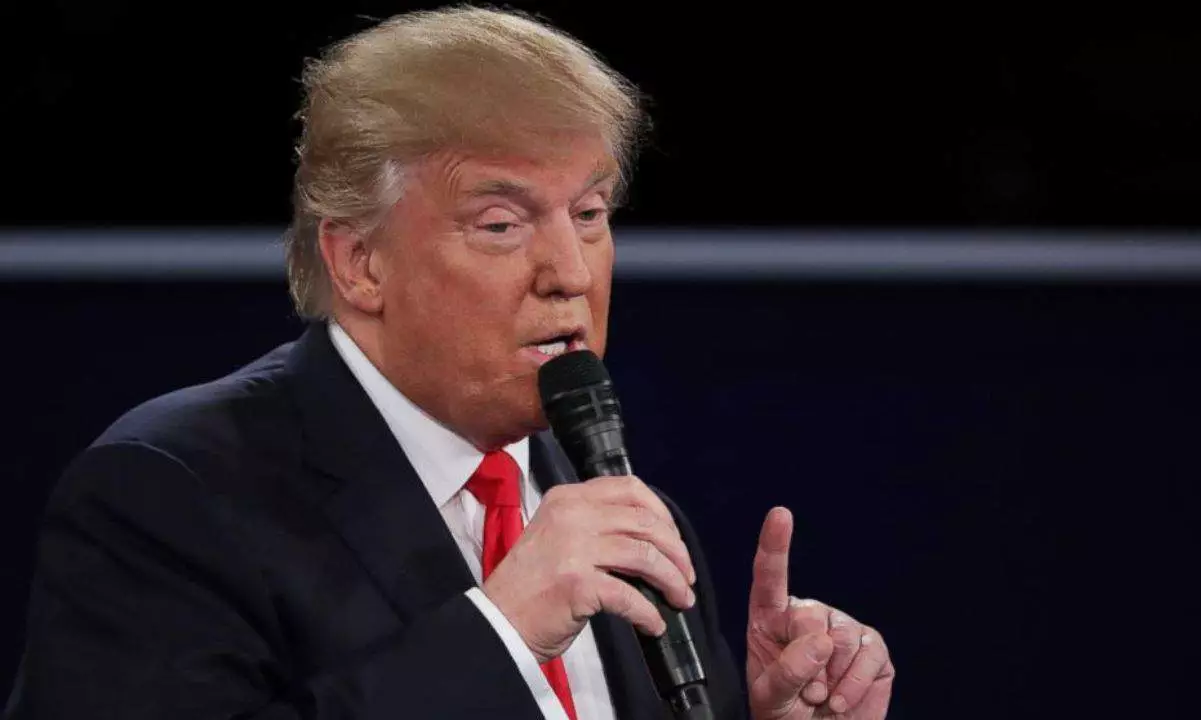In recent discussions surrounding cryptocurrency, notable figures have emerged, drawing parallels between emerging digital currencies and traditional economic pillars. One such individual, Jim Cramer, posed a thought-provoking question about the prevailing administration’s strategic approach to cryptocurrencies, likening it to the United States’ strategic petroleum reserve. In response, former President Donald Trump expressed optimism regarding the potential of cryptocurrency and its role in the global economy. This conversation hints at a larger narrative—one where the U.S. aims to not only participate but lead in the evolving digital currency space.
First Principles Approach to Innovation
Trump’s engagement with the topic underscores a deeper understanding of the importance of cryptocurrencies, reflecting a principle that is gaining traction in technological circles. This approach, advocated by influential figures like Elon Musk, emphasizes the need to evaluate situations based on fundamental truths rather than relying on historical analogies. Trump reinforced this ideology during the interview by articulating a vision of America becoming a frontrunner in cryptocurrency—a sentiment bolstered by strategic ambitions in artificial intelligence as well.
Competition in the Global Arena
The competitive landscape of cryptocurrency is not merely national; it is inherently global. As countries like China position themselves as leaders in embracing blockchain technologies, an urgency arises for the U.S. to cultivate its own innovative edge. Trump’s assertion that the U.S. “wants to be the head” in both cryptocurrency and AI demonstrates an understanding of the geopolitical implications of these technologies. The narrative parallels the broader ambition of securing technological superiority, reminiscent of past races in space and computing.
A salient point made by Trump revolved around energy production—particularly the necessity for a significant increase in electricity generation to sustain cryptocurrency mining activities. His claim that the U.S. needs to double its current electricity output shows awareness of the challenges posed by energy consumption in cryptocurrency mining. This concern aligns with the pressing need for renewable energy sources. As the industry seeks cheaper electricity, the potential for innovation in renewable energy technologies continues to expand, which could redefine the economic landscape surrounding Bitcoin.
Under Trump’s administration, positive movements towards cryptocurrency regulation have been evident. His appointments for key financial oversight roles suggest a commitment to fostering a supportive environment for blockchain innovation. Appointing individuals with connections to the crypto world signals a bullish approach to embracing this technology. Such foresight may lead to increased market confidence and potential growth in the cryptocurrency sector, driving further exploration of how blockchain can integrate with monetary systems.
The dialogue surrounding cryptocurrency and its future signifies more than just an economic discussion; it highlights a transformative moment in technological innovation, energy production, and global competitiveness. With an eye towards sustainable energy solutions and a willingness to embrace digital progress, America stands at a pivotal point. The prospect of leading in cryptocurrencies reflects not only economic ambition but a broader quest for innovation that could define the coming decades. The integration of blockchain technology with renewable energy suggests a future where economic strategies are informed by environmental and technological imperatives, signaling promising developments on the horizon.

